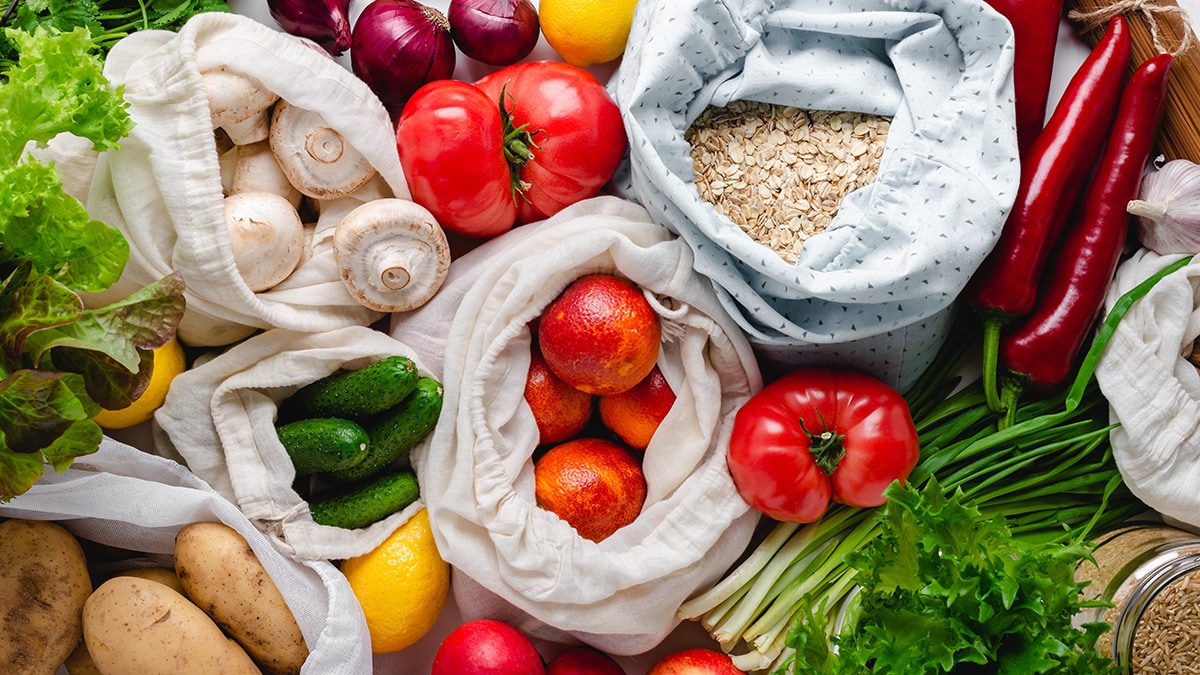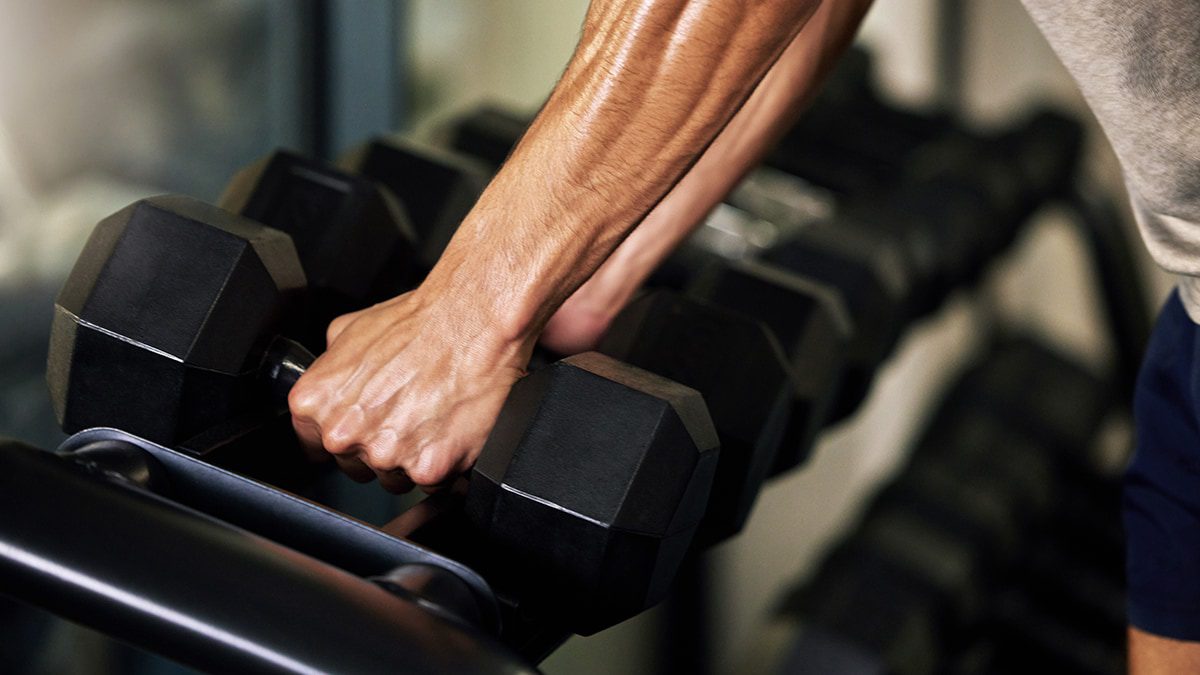A Sports Nutritionist Breaks Down the Real Science Behind Protein Loading

Have we hit the protein wall? The market is flooded with protein-fortified foods, drinks, and in-betweens—from iced coffee to cereal puffs—making it seem like we’ve finally reached “peak protein.” But for athletes and bodybuilders alike, the goal isn’t just constant intake, it’s maximising muscle synthesis as best you can. As everyday protein consumption plateaus, the next frontier in athletic nutrition is a targeted, high-intensity strategy that you may not have heard of.
It’s known as protein loading and, broadly speaking, is the process of increasing protein intake to build muscle or consuming a majority of your daily protein at the beginning of the day to help control appetite and front-load your nutrition. The logic of protein loading is understandable, but does the science back it up? We asked sports nutritionist Paul Garrod (IOPN Dip. SEN) for his take on protein loading, and whether it’s actually an efficient way of getting your macros in, or if it’s missing the mark completely when it comes to everyday nutrition.
Paul, what exactly is protein loading, and how does it differ from simply eating more protein?
It’s where you increase protein intake, usually before intense training or competition, to maximise amino acid availability for muscle repair and performance. It differs from simply eating more protein long-term because loading is temporary and is often timed. The aim is to boost acute metabolic responses rather than change overall daily dietary patterns.
Can protein loading support muscle growth and recovery?
The idea is that protein loading and post-workout protein intake reduce muscle breakdown, accelerate recovery, and enhance training adaptations. Ultimately, it’s about consistently meeting your daily protein needs to prevent deficits that can limit strength.
Does protein loading fit into a balanced diet for everyday people who aren’t athletes?
Protein loading can help manage appetite, but for non-athletes, it’s best to focus more on a varied diet with balanced carbs, fats, and fibre.

What common mistakes do people make when trying to increase their protein intake?
Overeating protein while neglecting fruits, vegetables, and whole grains, relying on processed shakes, ignoring hydration, skipping fibre, and not spreading protein intake evenly across meals.
So, is it true that the body can only absorb a certain amount of protein at one time?
The body absorbs nearly all protein eaten, but it can only use about 20-40 g per meal for muscle-building. Extra protein is still metabolised for energy or other needs, so it’s not wasted, but it won’t further stimulate muscle synthesis.
When should we have it?
It’s about distributing protein evenly throughout the day and consuming a protein rich meal within one to two hours post-exercise, as this optimises muscle protein synthesis.
What about before bed?
A pre-sleep protein dose can also enhance overnight recovery and adaptation, yes.
Let’s talk about appetite. Protein loading is thought to help with a reduction in appetite and cravings. Is that right?
Increasing protein at meals does increase satiety and can reduce between meal snacking but I would say it’s less about specifically loading protein and more about increasing protein intake throughout the day.
Any downsides we should know about?
Excess protein can strain kidneys in people with existing kidney disease, displace other nutrients, increase dehydration risk, and cause digestive discomfort. Very high intakes may also raise long-term cardiovascular and bone-health concerns, though evidence varies and the doses are often extremely high, making it extremely hard to do.

What about building muscle? How drastically should we increase protein intake? Is more always better?
You can build muscle without huge protein increases. Most people gain well with moderate intakes (about 1.2-1.6 g/kg of bodyweight/day), if training is also progressive. Beyond this range, extra protein offers little added benefit for most people really.
Plant-based protein, like Form, is our choice. Do they work as well for protein loading as animal-based ones?
Absolutely. Plant proteins can support protein loading, especially when varied to provide all essential amino acids. They may be slightly less satiating per gram, but adequate amounts can work effectively.
Any other protein-related myths you’d like to bust?
Many. First, the body can’t absorb more than 20g of protein at once (it absorbs nearly all protein); that high protein inevitably harms healthy kidneys; that plant proteins are “incomplete” or inferior (if the sources are varied then it will meet dietary needs); and that massive protein intakes automatically build more muscle without proper training.


















